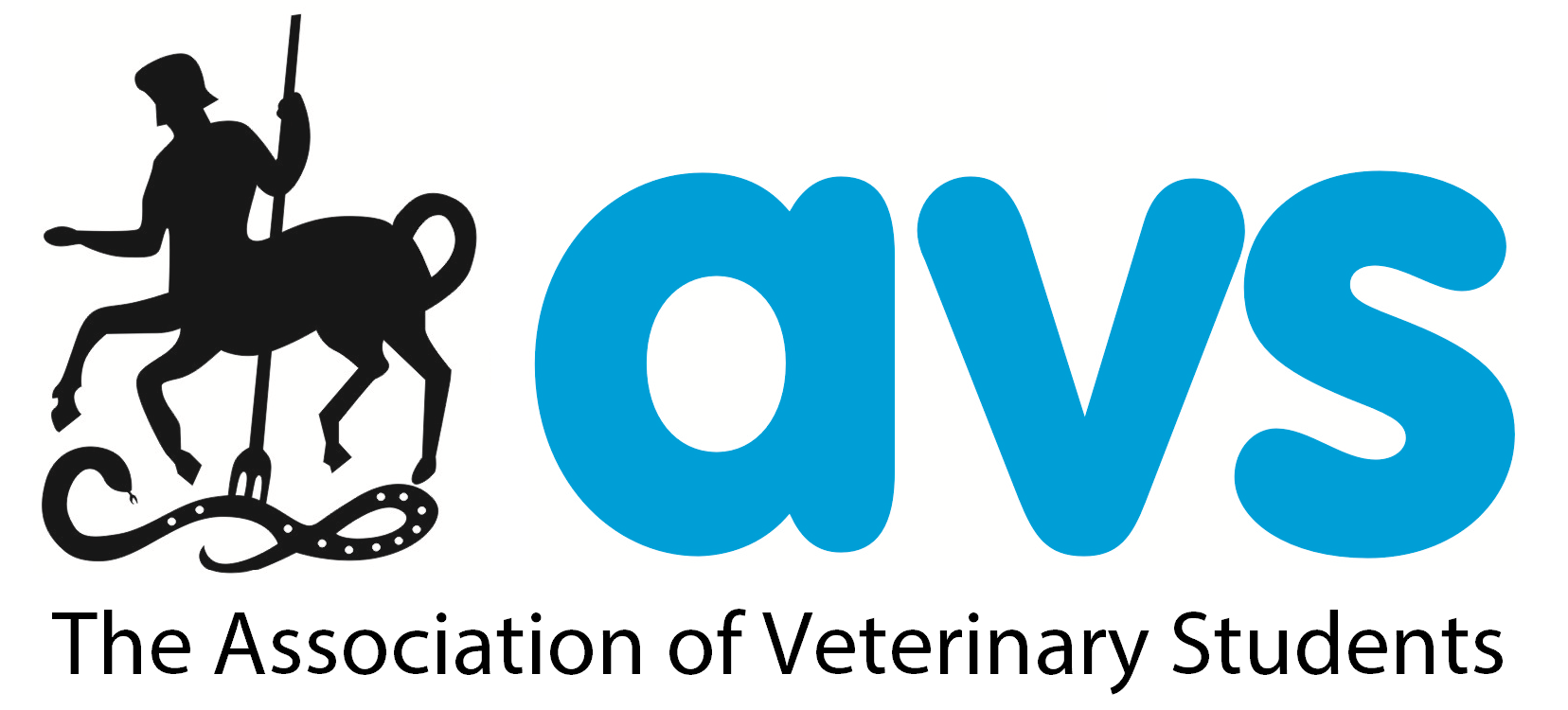AVS announces policy regarding increases in the number of veterinary students
AVS announces policy regarding increases in the number of veterinary students
The opening of a new veterinary school at the University of Surrey, along with an increase in the numbers of students being accepted into existing veterinary schools has sparked an intense debate within the profession regarding the increasing number of veterinary graduates. AVS remains committed to representing the views of its members and is actively engaging with the BVA and other parties to discuss the issue. In light of this, AVS is able to release the following policy statement following extensive consultation between representatives sitting on its student elected committee.
AVS Workforce Policy
The Association of Veterinary Students has concerns over the impact of rising numbers of veterinary students at both new and existing veterinary schools for the future of the profession. Equally, we recognise that AVS represents students at new vet schools and as a result must also protect their best interests.
A. Education
We are aware of the current strain on existing clinicians and academic staff, and are concerned that the addition of new veterinary schools will further dilute the available academic talent.
We would encourage the RCVS to uphold the high standards of veterinary education in the United Kingdom. In addition, we feel further steps could be taken to proactively investigate and quantify the future availability of EMS and academic staff.
B. EMS
Increased student numbers will put further pressures on the availability of clinical EMS, which plays a vital role in the development of competent clinicians.
New vet schools specifically have a large impact here. Removing available placements from an area using ‘The Partner Practice Model’, such as that employed by Nottingham and Surrey, will put a specific pressure on local veterinary students due to the financial implication of travelling further for placements.
C. Jobs
We recognise the concerns of our members that the increase in number of veterinary graduates will impact the availability of jobs in clinical practice. We appreciate that a University degree in other subjects does not guarantee employment. There are, however, specific issues with the veterinary course with regards to length and cost. A worsening of graduate prospects may also deter high-quality students from applying for the veterinary degree.
It has been suggested that EU veterinary surgeons are filling a shortfall in vet graduate positions due to the relative numbers registering from the UK and overseas. There is, however, a lack of understanding in the length or areas of practice that overseas graduates decide to enter. In addition, the assumption that UK graduates would be preferable to overseas graduates is not acceptable.
The RCVS should also make information available to employers about the accreditation of veterinary schools in the EU.
AVS would welcome your comments, get involved and let us know how this issue impacts you.
